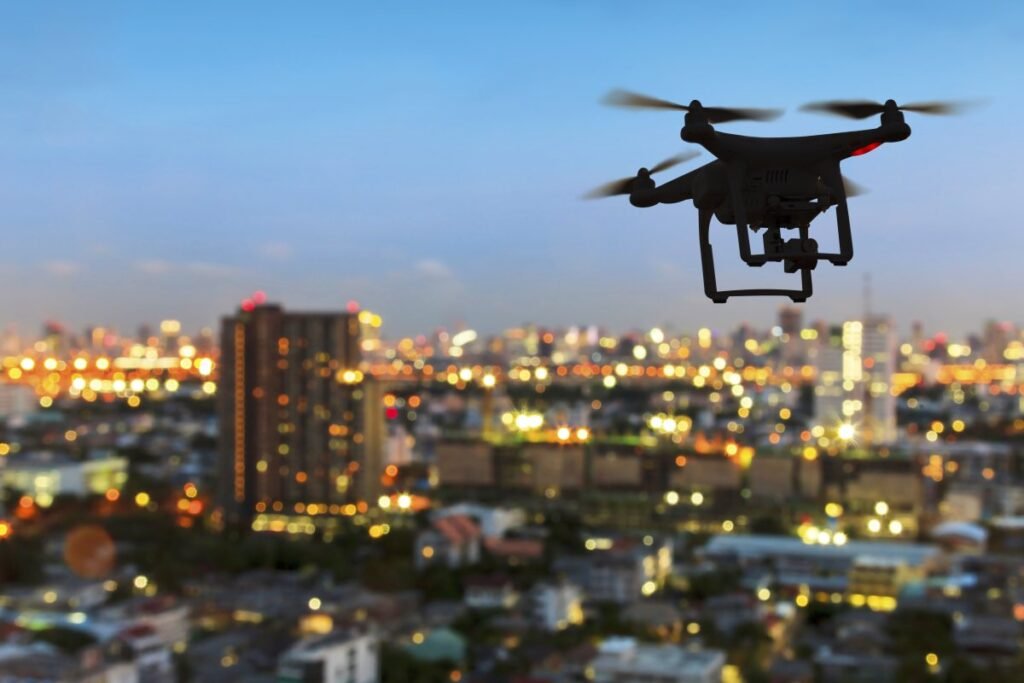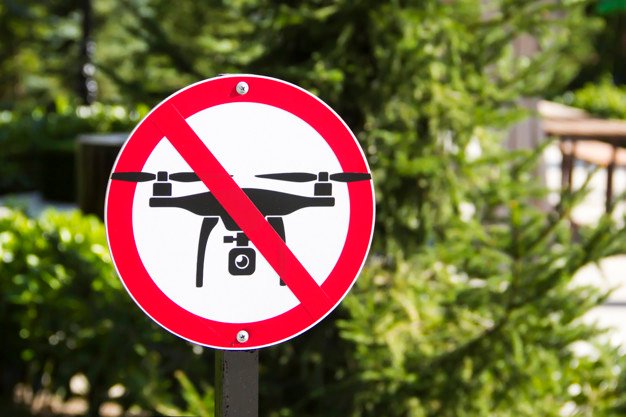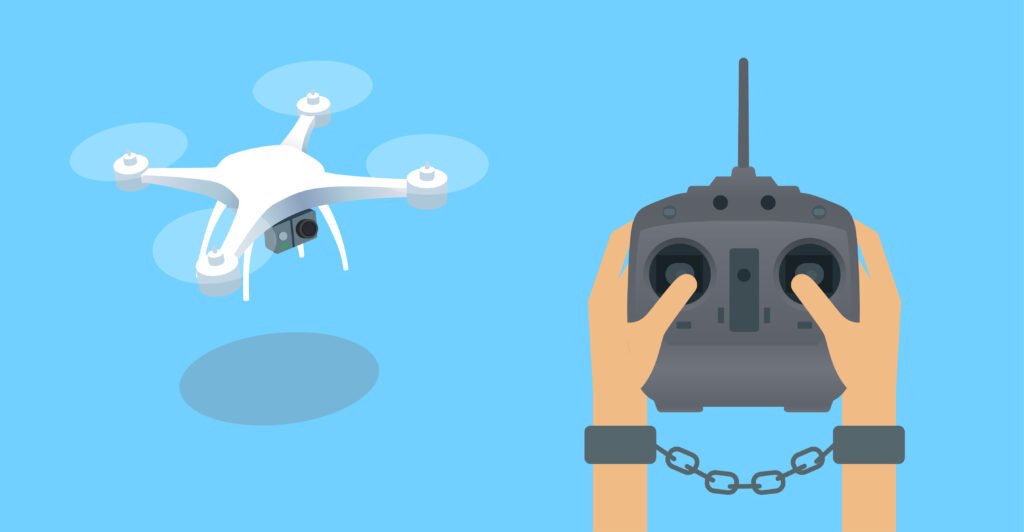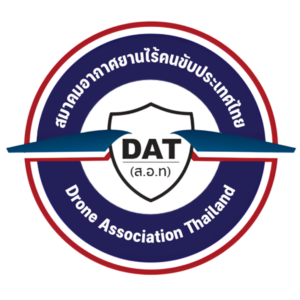Drones or unmanned aerial vehicles are becoming popular in Thailand, from photography and e-commerce to surveying. However, many may not know that... “Air Navigation Act B.E. 2558 (2015)” There are strict laws regulating drone use! Whether you are a beginner or a professional drone pilot, this article covers everything you need to know to operate drones legally and avoid unexpected heavy penalties.
1. All drones must be “registered” before flying.
Whether you use drones for personal or commercial purposes. Must be registered with the Civil Aviation Authority of Thailand (CAAT). Within 7 days after purchasing the drone, by:
Fill out the online form through the CAAT website.
Pay the fee (starting at 100 Baht).
Provide proof of ownership, such as a receipt.
Note: Drones weighing less than 2 kilograms used for personal activities. No registration required. But other rules still apply!


2. No-fly zones! Otherwise, drones will be confiscated.
Even if registered, you must be cautious of “restricted areas” where drone flying is strictly prohibited, such as:
Within a 9-kilometer radius of airports (e.g., Suvarnabhumi, Don Mueang).
Areas around government offices, embassies, and royal palaces.
Large event venues or public gatherings.
3. Flying above 150 meters is illegal!
For the safety of commercial flights, the 航空导航法 stipulates that drones must not fly higher than 150 meters above ground and requires drones to remain within visual line of sight at all times.
4. Drone insurance is required if used for commercial purposes.
If using drones to earn income, such as event photography or surveying, third-party liability insurance with a minimum coverage of 1 million Baht is required.
5. Severe penalties! Fines, imprisonment, and drone confiscation.
If you violate the Air Navigation Act, you will face legal penalties such as:
Fine up to 100,000 Baht
Imprisonment up to 5 years.
Confiscation of drones and licenses.
6. Exceptions for lightweight drones.
Drones weighing less than 2 kilograms used on private land and flown no higher than 50 meters do not require permission but must still comply with height restrictions and no-fly zones.
7. Check the rules before every flight.
Register drones (if weighing over 2 kg).
Turn on tracking signals (GPS) and avoid crowded areas.

Summary
Knowing drone laws not only helps you operate confidently but also prevents accidents and legal issues!
